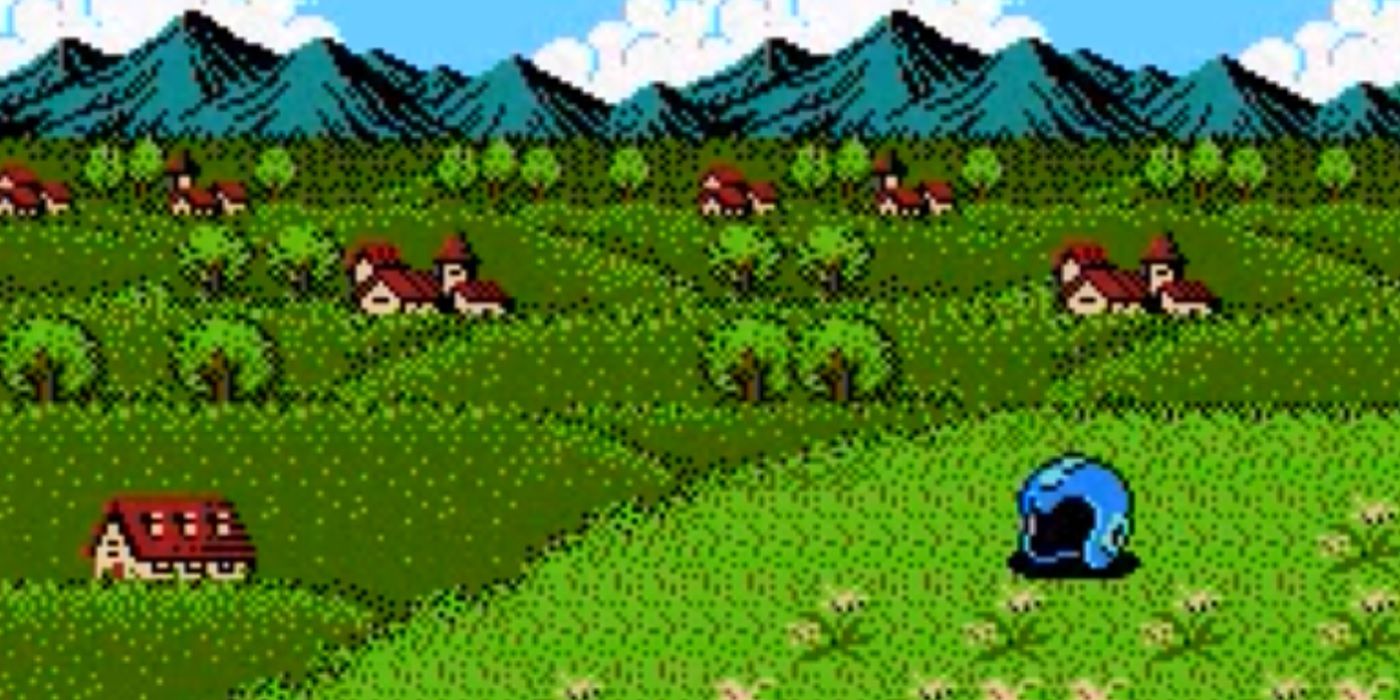While a bunch of video game franchises, new and old, have seen adaptations to TV and film, their level of success in the eyes of gamers has varied drastically. Some of these films pass well enough to interest non-players and pacify fans of the source material, but many of the biggest game franchises are either a bit too simple or too convoluted to effectively tell even just an origin story in a live action format without a lot of care and caution. Even something like Detective Pikachu, arguably one of the best video game movies made so far, relies quite a bit on the expectation that its viewer is at least familiar with the brand. And Wreck-It Ralph and its sequel certainly explore meaningful messages but are squarely based on original characters made to be in a movie first and foremost. But one of gaming's oldest and most well-known icons could strike the perfect balance with a wider margin of success: Mega Man.
While it's been around for decades with multiple variations and spin-offs, the core Mega Man series is still 11 games strong. And despite this, it barely has much in the way of a complicated plot. In fact, the entirety of meaningful story contained in the entire mainline series so far could all be tidily wrapped up into a single film, since it's primarily the setup of the main conflict. And yet, unlike Super Mario, which similarly has very little to work with, Mega Man has just enough to work with that, if focused on properly, could result in a potentially emotional film.
Mega Man is an action series, of course. It's about a robot boy blasting a bunch of other robots to bits and scolding a nasty old man who never learns his lesson. But that's not the core of what makes the series hold potential emotional value. Perhaps it was a happy accident, but Rockman, as the series has always been called in Japan, has at its heart a story about a man who literally built himself a family, only to see that family willingly endanger itself time and again for the sake of the greater good.
Cover-band The Megas summed it up best when they wrote these lyrics from the point of view of the titular robot's creator in their song The Message from Dr. Light:
"I made you in my image: I built your heart, I gave you eyes, I gave you power;
A sense of justice beyond any compare;
I gave you hands, a child's face, I gave you hair;
But the burning in your heart I did not put there."
The entire conceit of Mega Man as a character is that he was built merely to be a lab assistant, a son-figure for his creator. When Dr. Light is betrayed by his ex-colleague Dr. Wily, the robot, who seems to have an undefinable 'soul' like element to his being, volunteers to be adapted into a combat robot to take on Dr. Light's other creations, which have been hijacked by Wily into causing destruction instead of the useful creation they were intended for.
On its face, it's nothing we haven't seen portrayed in countless works of science fiction, but there's a unique tragedy to seeing a parent see their child off into a war combined with the intimate nature of having literally built that child. There's of course many parallels to be drawn to Astro Boy but Mega Man has enough distinction, especially with regard to how its protagonist fights (by copying the abilities of his enemies) as well as the interconnected dynamics of his sister, Roll, and the iconic rivalry between Light and Wily. Ideally, the supporting cast would be given a bit more relevance and agency, as well, but even if we set this aside, the main identity of such a film shouldn't be that hard to miss.
The premise also has the easy-to-market message of bravely rising to a role one chooses for themself and not merely what they were built for. And it could raise classic sci-fi questions about humanity and artificial intelligence and such. All in all, the whole concept lends itself just enough depth that the dynamic of Dr. Light building a family for himself and then risking losing it for the sake of saving people from his own mistakes could easily be the emotional anchor of an hour and a half long film. It would resonate with the essence of the series without betraying the core concepts, fitting within a movie's time slot while leaving lots of room for the iconic action the franchise is known for.
Such a concept for a film is also simple enough that it could be applied in a ton of different ways, in different styles with different moods or tones, and with varying degrees of representation should the filmmakers actually have an interest. In other words, it would be harder to mess up than many other video game movies, at least theoretically.

